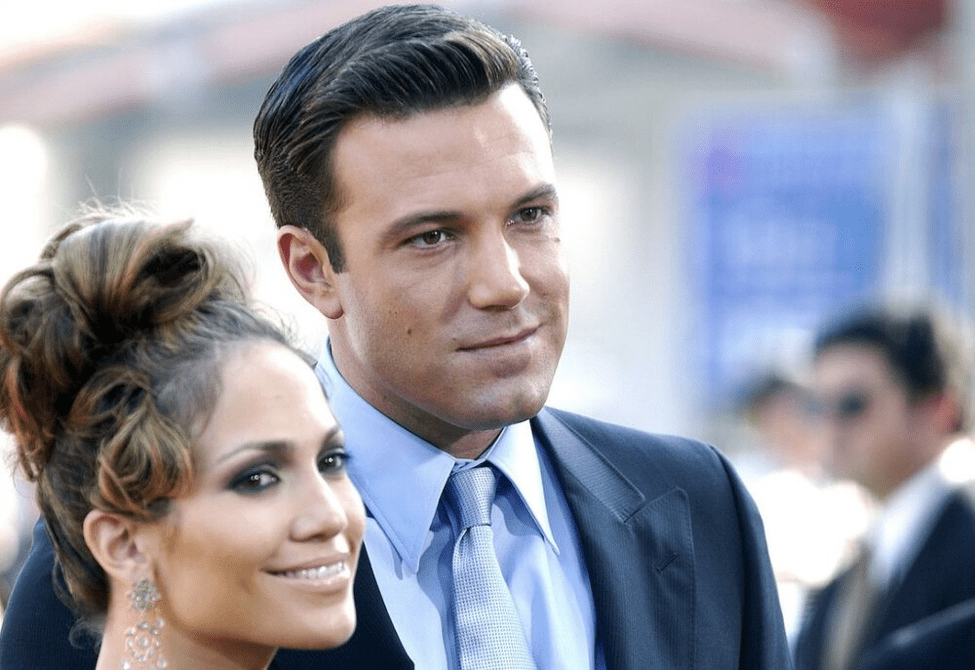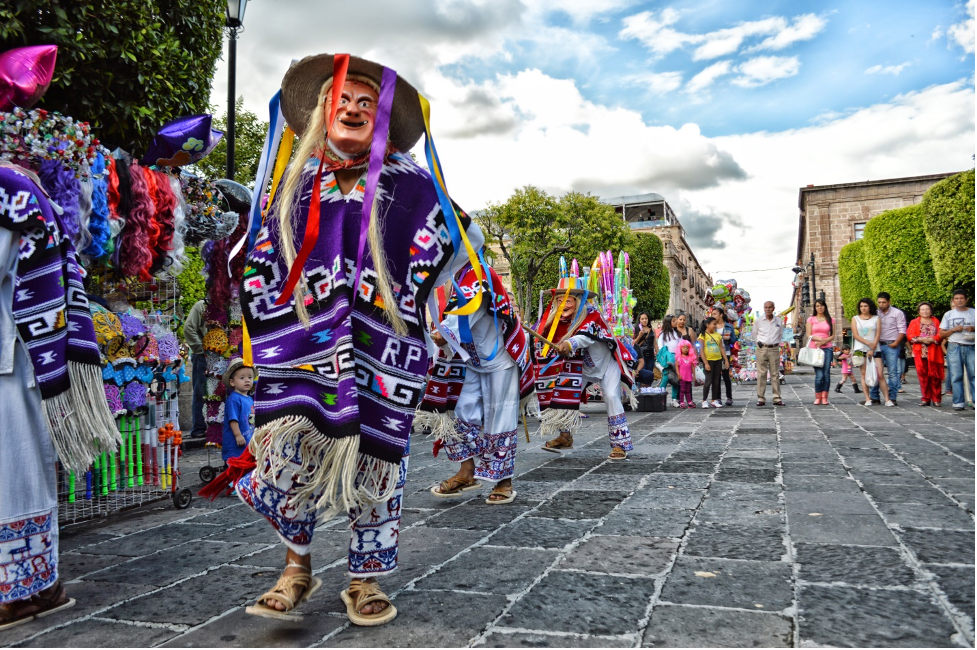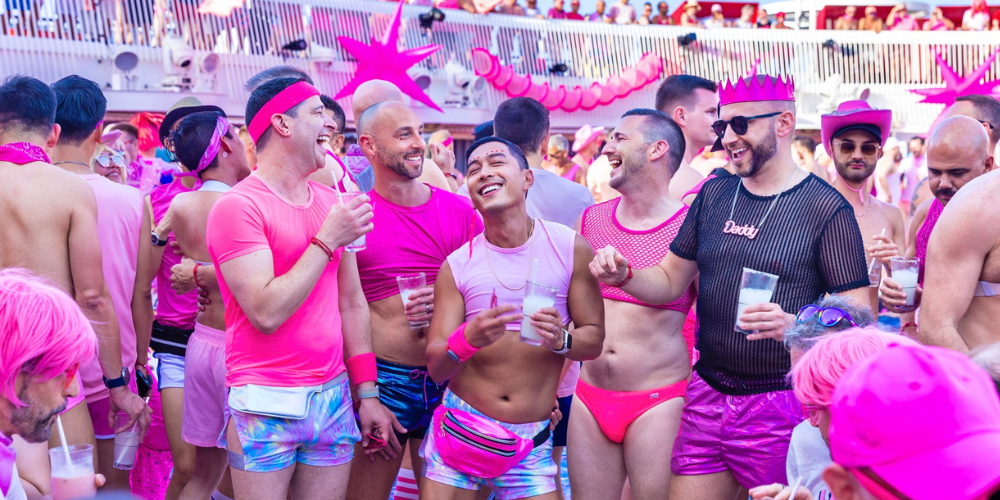The American film industry has been riding a nostalgia-fueled wave. Continually, churning out remakes and reboots, notably from the Marvel and Disney stables. This trend is more than just a commercial strategy. It is a reflection of our collective psyche, revealing a yearning for the familiar in an age of rapid change and uncertainty.
At the core of this trend is nostalgia. A powerful sentiment that these films masterfully exploit. Marvel's re-envisioning of "Spider-Man" and Disney's remake of "Alice in Wonderland" are prime examples. These films offer a gateway to relive cherished memories. They offer a comforting escape from the complexities of modern life.
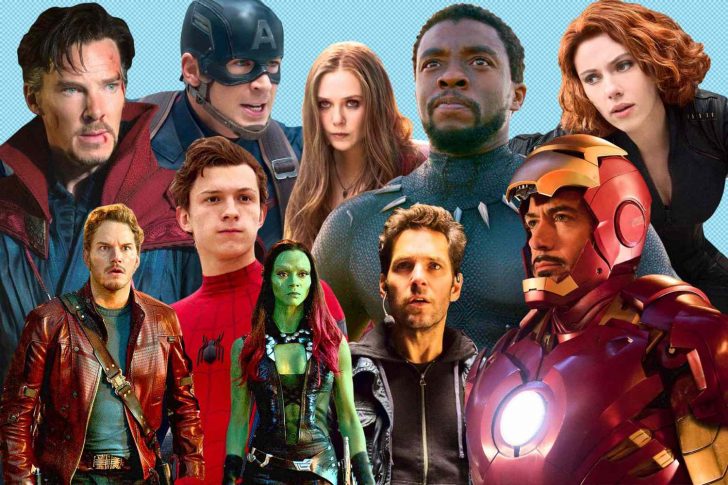
Elle / Leading American studios like Marvel and Disney are continually remaking previous movies - giving them a nostalgic touch.
The Safe Bet: Why Studios Love Remakes?
From a business standpoint, remakes and reboots are less of a gamble for big studios. They draw in audiences based on recognition and fond memories, thereby mitigating the financial risks associated with new, untested ideas.
For instance, the Walt Disney Company has effectively used this strategy to box office success.
However, the artistic value of these films is a subject of heated debate. Some critics view this trend as a hindrance to original storytelling, while others argue that it offers a chance to reintroduce timeless stories to new audiences with updated perspectives and values.
The Marvel Model & Disney’s Remakes
Marvel's approach to its cinematic universe exemplifies this phenomenon. By continuously reimagining characters like Spider-Man, Marvel keeps its universe vibrant and engaging. Each film is not just a story in itself but a piece of a grander narrative, drawing fans back to the theaters.
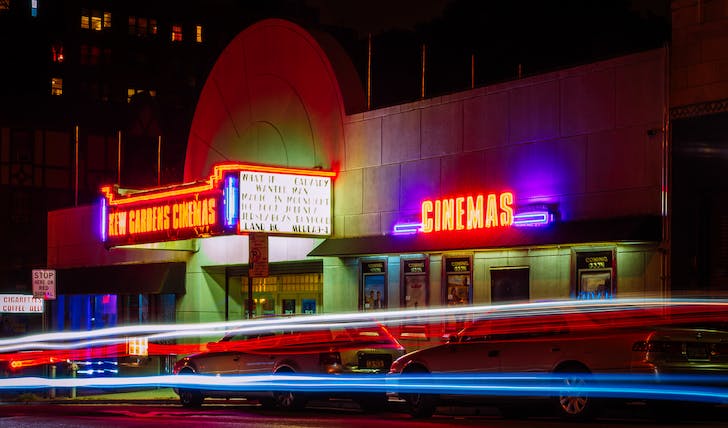
Nathan / Pexels / The secret behind the success of “Alice in Wonderland” and “Spider-Man” is the sense of sweet nostalgia that comes with them.
Likewise, Disney's remakes, such as "Alice in Wonderland," showcase a blend of reverence for the original material with contemporary twists. These movies often feature groundbreaking visuals and A-list actors but sometimes face criticism for prioritizing aesthetic appeal over storytelling depth.
Although not a Disney product, the "Harry Potter" series, including the "Fantastic Beasts" spin-offs, underscores the industry's penchant for extending successful franchises. These extensions offer fresh narratives. But they are firmly rooted in the established popularity of the original series.
For many, these remakes are not mere entertainment. They are a revisit to cherished moments of their lives. Thus, this deep-seated emotional connection is a key driver behind the success of these movies.
These films often mirror societal progress, featuring diverse casts and nuanced character portrayals. This evolution in storytelling aligns with current values of inclusivity. Thus, broadening the appeal and relevance of classic stories to today's diverse audiences.

Pavel / Pexels / Reboots allow the audience to make an emotional attachment to past movies.
The Road Ahead: Finding Balance
While the current trend of remakes and reboots seems set to continue, there is an increasing demand for original content. The challenge for the industry is to strike a balance between catering to nostalgia and nurturing fresh, innovative storytelling.
So, Marvel's and Disney's relentless production of reboots and remakes is a complex phenomenon. It is a dance between the comfort of the familiar and the excitement of the new, between commercial pragmatism and creative aspirations.
Above all, this trend is steeped in nostalgia. Plus, it is a window into our collective longing for simpler times, even as we forge ahead into an ever-evolving future.


